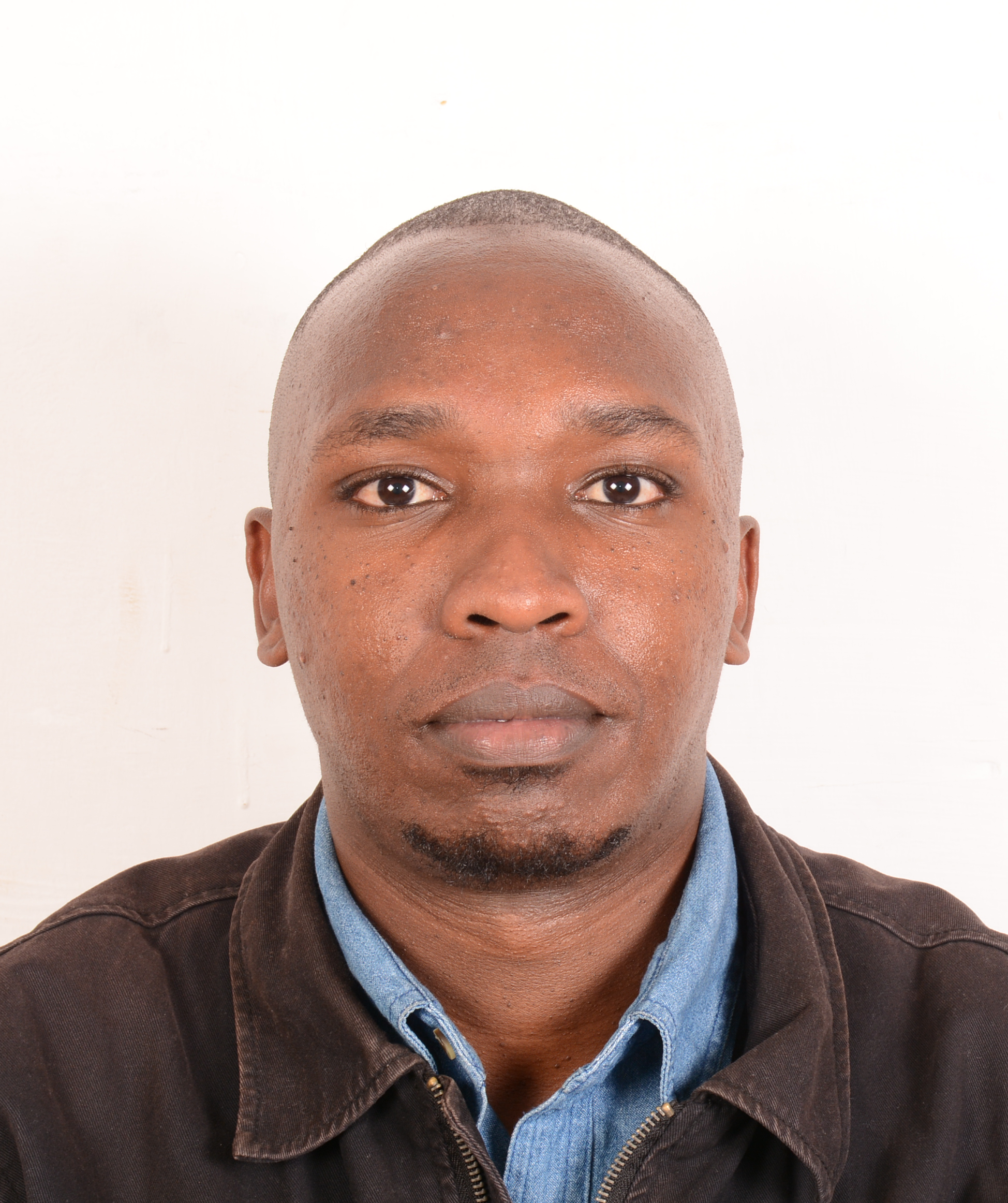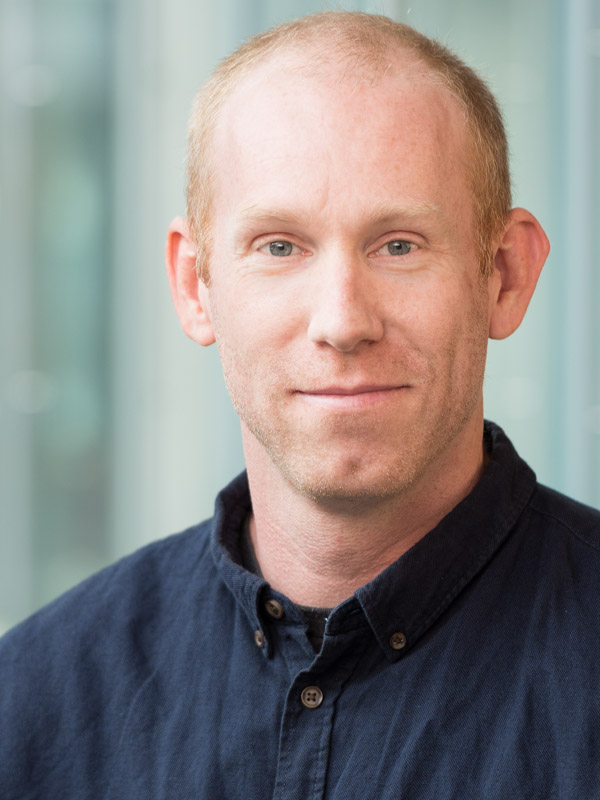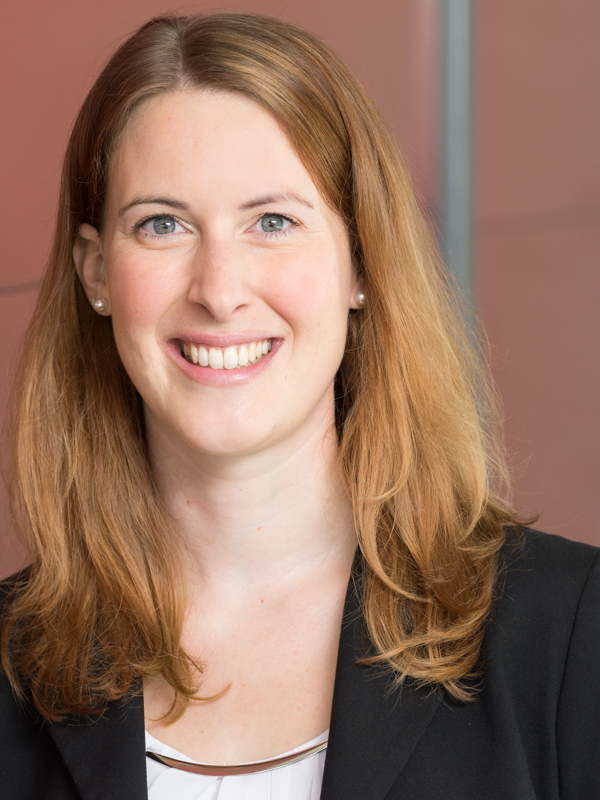[from Deep-Sea Life Issue 14]
Taking Stock of STRONG High Seas Project two years on
Lewis Kihumba (1), Ben Boteler (2) and Carole Durussel (2)
(1) Birdlife International, (2) STRONG High Seas Project
As the world grapples with a myriad of environmental challenges including climate change, focus is shifting to another environmental frontier that requires urgent collective attention and action – Areas Beyond National Jurisdiction (ABNJ), commonly defined as areas extending more than 200 nautical miles from coastlines. ABNJ cover about two thirds of the world’s oceans and account for a significant proportion of the planet’s biodiversity, from planktons to whales. Moreover, they hold more than 90% of the world’s fish stocks and play a crucial role in the regulation of climate by absorbing carbon dioxide from the atmosphere, thus slowing impact of climate change. Human activities are increasingly putting pressure on biodiversity in ABNJ. Further aggravating the situation is a fragmented legal and institutional framework to regulate activities in these jurisdictions. In addition, Sustainable Development Goal (SDG) 14 underlines the need for sustainable use of oceans, seas and marine resources for sustainable development, highlighting the importance of oceans, including ABNJ.
The STRONG High Seas (Strengthening Regional Ocean Governance for the High Seas) project funded by the German Federal Ministry for the Environment, Nature Conservation and Nuclear Safety (BMU) through the International Climate Initiative (IKI) focusses on conducting scientific assessments and supporting dialogue to contribute to the development of effective frameworks and approaches for ocean governance in the Southeast Pacific and Southeast Atlantic regions, as well as contributing to the ongoing negotiations for a global legally binding treaty on marine biodiversity in areas beyond national jurisdiction (BBNJ) conducted under the United Nations. The project also facilitates dialogue between various stakeholders, including national and regional authorities, academia, science institutions in addition to NGOs in order to develop a collaborative approach towards governance measures for the sustainable use of marine biodiversity and effective management of ABNJ. Moreover, it provides a platform for stakeholders to deliberate on challenges facing governance of ABNJ, facilitate knowledge exchange while at the same identifying areas for further collaboration.
A number of organizations in the two regions have area-based management tools (ABMTs), including marine protected areas (MPAs), and marine spatial planning (MSP), among others. However, these tools are only applicable within the jurisdiction of countries that have developed them and not in ABNJ. The dialogue workshops in the two regions will be instrumental in development of a cross sectoral ecosystem-based approach. Since the project’s inception in 2017, a number of dialogue workshops have been held including inter regional workshops, with more dialogues planned by 2022. Through established working groups, it is hoped that these dialogues will be able to promote the exchange of ideas and enable the development of feasible ocean governance frameworks. Additionally, cross-sectoral management approaches will be instrumental in streamlining regional ocean governance. Capacity building among key sectoral organizations is integral in the Southeast Pacific and Southeast Atlantic regions. Sectoral organizations are benefitting from technical support, trainings, and workshops being held in the two regions to increase ability of these organizations to address and respond to High Seas governance issues. It is envisaged that through these exchanges, ocean governance in the two regions’, ABNJ can be strengthened and effectively contribute to a global instrument under the United Nations Law of the Sea Convention (UNCLOS) framework.
Lewis Kihumba is communication lead at Birdlife International one of the Strong High Seas project implementation partner in Africa. He is the communications focal point for the STRONG High Seas Project in the South East Atlantic region.
Ben Boteler is one of the co-leads of the STRONG High Seas project and is conducting research in an effort to advance and strengthen regional ocean governance for the high seas in the South East Atlantic and South East Pacific as well as globally. In particular, his focus is on the socioeconomic uses and benefits obtained from the marine environment.
Dr. Carole Durussel conducts research to advance and strengthen regional ocean governance, with a particular focus on the legal and institutional framework for the conservation and sustainable use of marine biodiversity in ABNJ. She is the co-lead of the STRONG High Seas project.
Website: https://www.prog-ocean.org/our-work/strong-high-seas/




